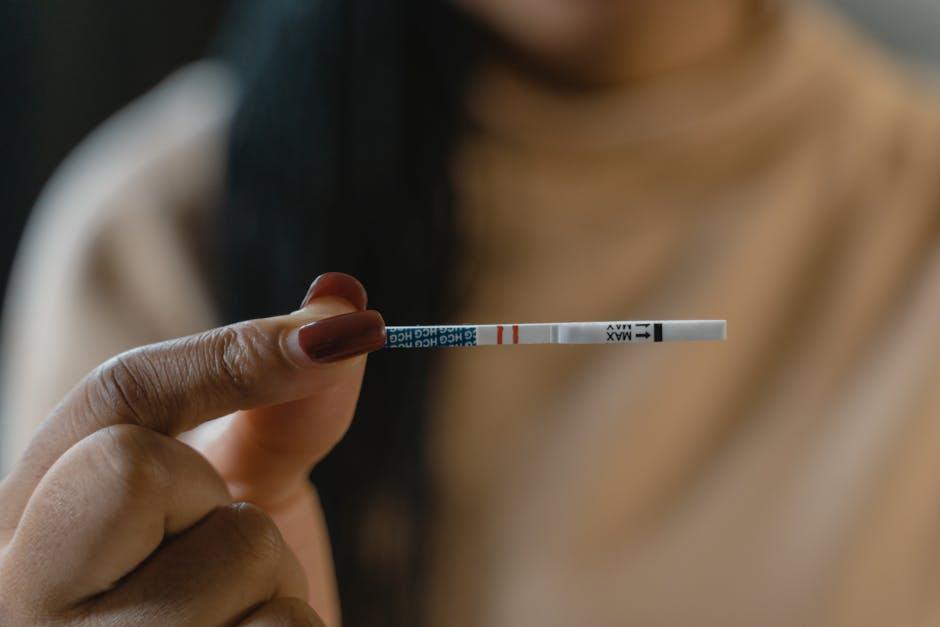
Thyroid Hormone Levels May Predict Gum Disease – Insights from drbicuspid.com
Emerging research indicates a compelling link between thyroid hormone levels and periodontal health. According to findings highlighted on drbicuspid.com, thyroid dysfunction could be an important predictor of gum disease risk. Understanding this connection can empower dental professionals and patients to take proactive measures for better oral and overall health.
Introduction to Thyroid Hormones and Gum Disease
The thyroid gland, a butterfly-shaped organ located in the neck, produces hormones such as thyroxine (T4) and triiodothyronine (T3) that play a crucial role in metabolism, growth, and immune function. Imbalances in thyroid hormones—whether hypothyroidism or hyperthyroidism—have been linked to systemic inflammation, which may affect periodontal tissues. Periodontal disease (gum disease) is a chronic inflammatory condition caused by bacterial infection that damages gums and the supporting structures of teeth.
The Role of Thyroid Hormone Levels in Predicting Gum Disease
Recent studies reviewed on drbicuspid.com suggest that abnormal thyroid hormone levels correlate with higher risks of periodontal disease. The mechanisms appear to involve immune dysregulation, altered bone metabolism, and increased inflammatory mediators.
How Thyroid Hormones Influence Gum Health
- Immune System Regulation: Thyroid dysfunction can impair immune response, making the gums more vulnerable to bacterial infections.
- Bone Density Impact: Thyroid hormones influence bone metabolism, and imbalance may lead to alveolar bone loss—a hallmark of severe gum disease.
- Inflammation Modulation: Changes in hormone levels may exacerbate inflammatory pathways that worsen periodontal destruction.
Clinical Evidence Linking Thyroid Levels to Periodontal Disease
Multiple clinical reports and population studies indicate that patients with thyroid imbalances exhibit greater severity of gingivitis and periodontitis. Healthcare providers are encouraged to screen for thyroid dysfunction in patients presenting with unexplained or resistant gum disease.
| Parameter | Effect of Low Thyroid Hormones | Effect of High Thyroid Hormones | Periodontal Implication |
|---|---|---|---|
| Immune Response | Reduced immunity | Immune overactivation | Higher infection risk vs. excessive inflammation |
| Bone Metabolism | Decreased bone turnover | Increased bone resorption | Bone loss and tooth support loss |
| Inflammatory Markers | Elevated cytokines | Elevated cytokines | Increased gum tissue destruction |
Benefits of Monitoring Thyroid Hormones for Dental Health
Incorporating thyroid hormone evaluation into dental assessments offers several benefits:
- Early Identification: Helps detect patients at risk for gum disease before symptoms worsen.
- Personalized Treatment: Dental care can be adjusted based on thyroid status to improve outcomes.
- Better Overall Health: Coordinating care between dentists and endocrinologists supports holistic patient wellbeing.
Practical Tips for Patients and Dental Professionals
For Patients
- Inform your dentist if you have thyroid disorder or symptoms such as fatigue, weight changes, or dry skin.
- Maintain excellent oral hygiene with daily brushing and flossing to minimize bacterial buildup.
- Attend regular dental check-ups for early detection of gum problems.
- Consult your physician to manage thyroid hormone imbalances effectively.
For Dental Professionals
- Consider thyroid function screening in patients with recurrent or severe periodontitis.
- Collaborate closely with endocrinologists when managing patients with thyroid disease.
- Educate patients on the link between systemic health and periodontal disease to encourage compliance.
- Use hormone level insights to tailor periodontal therapies and follow-up care.
Case Study: Thyroid Dysfunction and Periodontal Outcomes
A 45-year-old female patient with hypothyroidism presented with moderate gingivitis resistant to conventional treatment. Upon stabilizing thyroid hormone levels through an endocrinologist, combined with enhanced dental care protocols, her gum inflammation improved significantly over six months. This case underscores the importance of integrated medical-dental approaches for patients with thyroid issues.
Conclusion
The emerging evidence linking thyroid hormone levels and gum disease offers new avenues for improving periodontal health through interdisciplinary care. Regular monitoring of thyroid function, combined with personalized dental hygiene and treatment strategies, can help predict and mitigate the risk of gum disease. As shared by drbicuspid.com, staying informed about this connection empowers both patients and dental professionals to foster better oral and systemic health.


